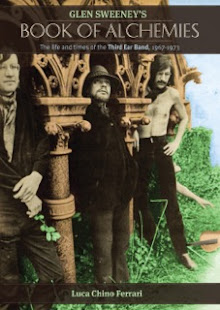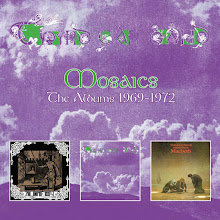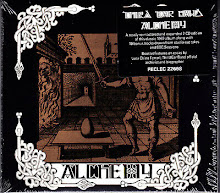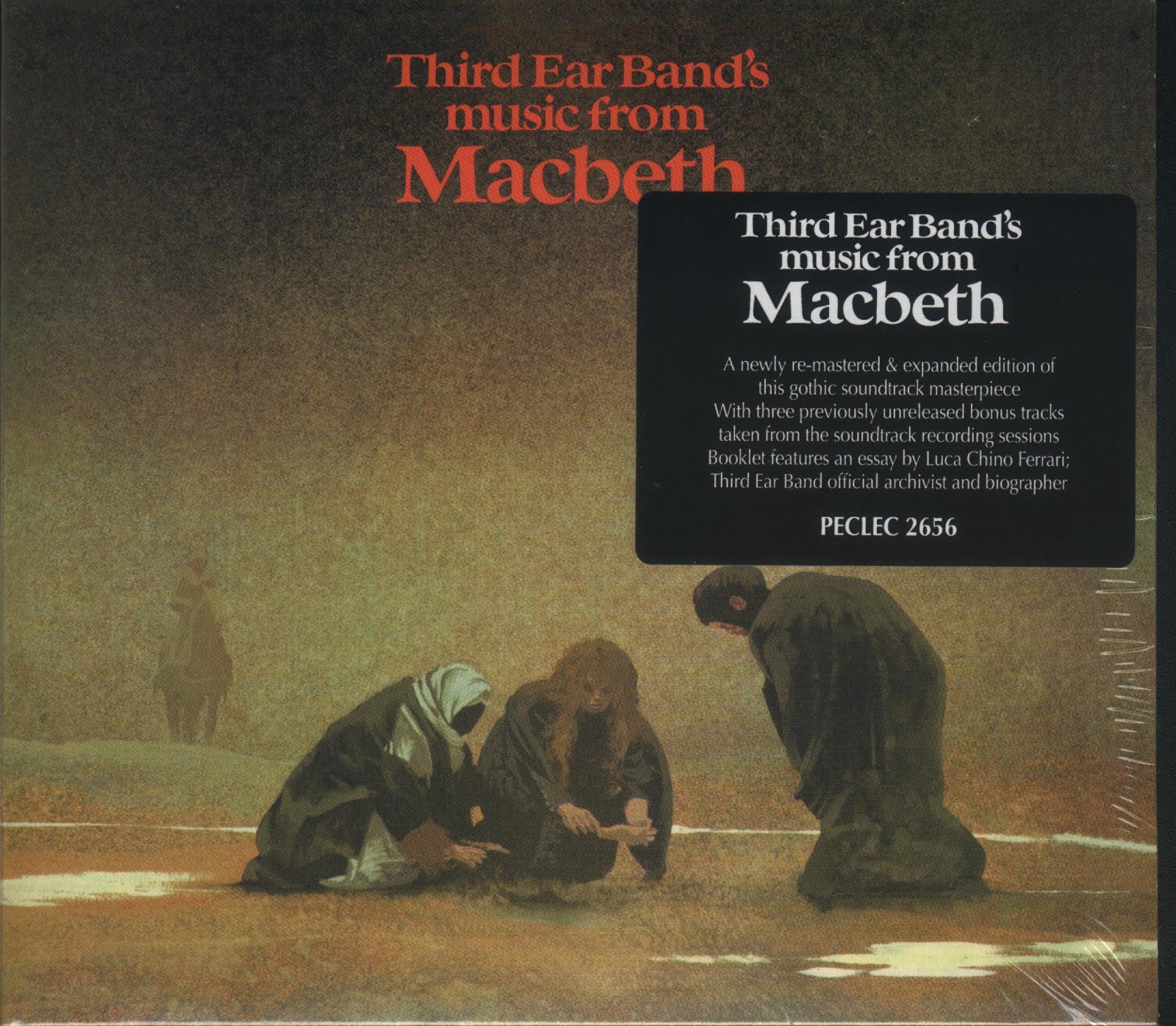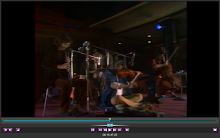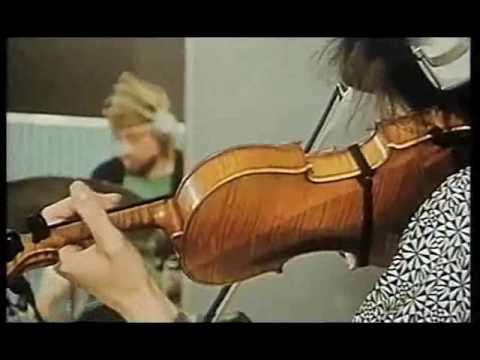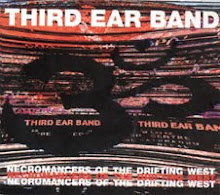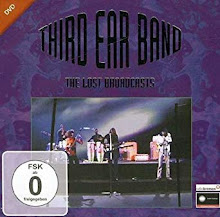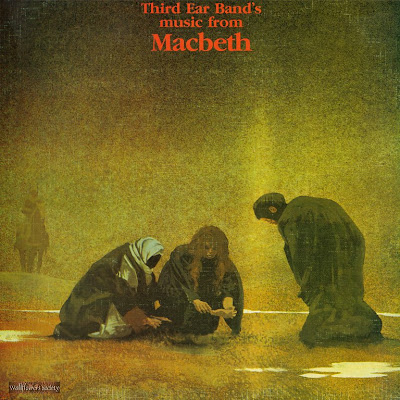Apart some obvious well-known references to the band's history (mainly based on my book "Necromancers of the drifting West", 1997), the most important aspect of the book is the author's attempt to analyze his musical project.
On a chapter titled "Pariah" (= outcast), Cresti writes about the TEB as one of the band "more radically experimental", a "one-off and unique experience", "probably the most remote and isolated outpost in all the epic of new English folk music", here named "wyrd folk" from a definition coined in 1990 by American artist Tim Renner.
The author claims TEB music is deep-rooted in psychedelia (for cultural aptitude) and folk - for the use of acoustic instruments and above all "for the strong, almost sacral, bond with their place of origin, even if inexorably "elsewhere" as regards to the map of musical orthodoxys of yesterday and nowdays".
Summing up the main phases of the band's history, the writer attributes to Glen Sweeney the role of deus ex machina, "perfect and sincretic fruit of many urges and illusions of a generous age as that hippy generation".
A specifc paragraph of the book is reserved to the analysis of the Elements album, with some interesting references to the links to the ancient celtic tradition of the cover lettering: "... infact it remembers the medieval Christian art and masterworks of miniature as that included on Lindisfarne's Gospels, works miniatured around 600 BC at the monastery founded by Saint Aidano on the wild isle of Lindisfarne, Northumberland...".
About the music on the album, Cresti underlines the relations with the ancient Greek philosophers (as Empedocle) and their idea of four elements as roots founding all the things.
“Sweeney and friends, with a tireless attempt of cultural hybridization, (…) pay their attention to a subject that, become famous thank to very wide speculations of Mediterranean world, it had appeared in many ancient civilizations all around the world: so the band’s holistic and pantheistic idea has contrasted to any materialistic and immanent conception of being ontology”.
Analyzing the four tracks, interesting the thinkings about "Earth" and "Water": on the first tune, Cresti claims "it's one of highest point reached by the band, even similar to the Igor Stravinsky's "The Rite of Spring"", with a "pure musicality, where the melodic element becomes primordial rhythm".
About "Water" (my favourite ever!), he states "it's the descriptive peak reached by the band: it starts with some naive sound effects, then the composition unravels on a brilliant counterpoint of strings that symbolize the conflicting current of water".
In short, for the author the album it's "the experimental top of wyrd folk, the work where different processes of cultural and stilistic hybridation, even if in a reference frame strongely Britannic, have raised to fertile state of the art".
An important contribution to the comprehension of the TEB's still quite obscure epic, very rare in Italian music journalism.
Cresti is working now on a new book dedicated to the English "esoteric folk", with some new analysis about the Third Ear Band (and maybe also an interview with myself about the cultural sources...).
Of course, I'll try to document it for your esclusive pleasure...
no©2011 Luca Ferrari


